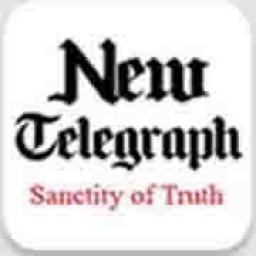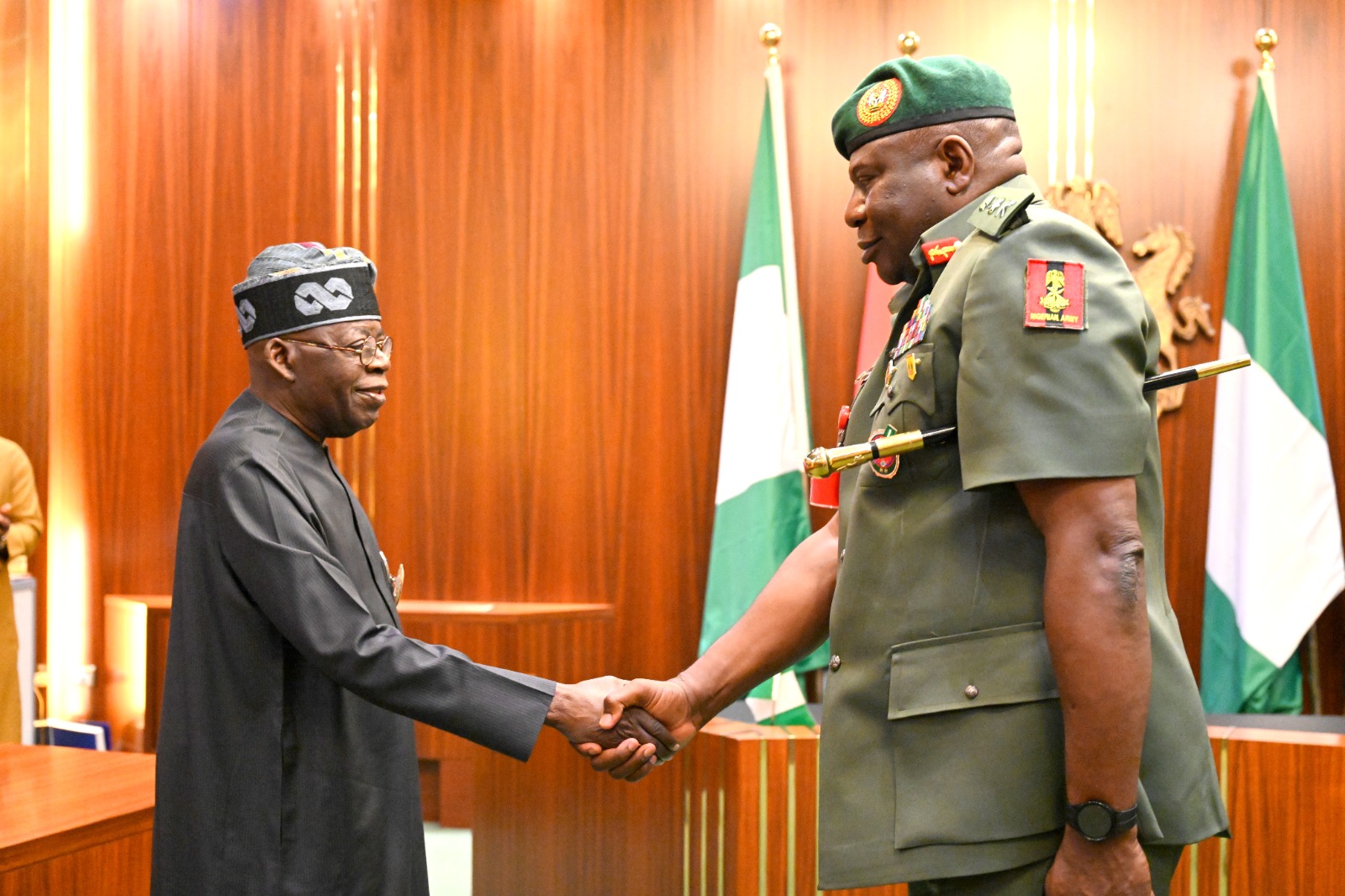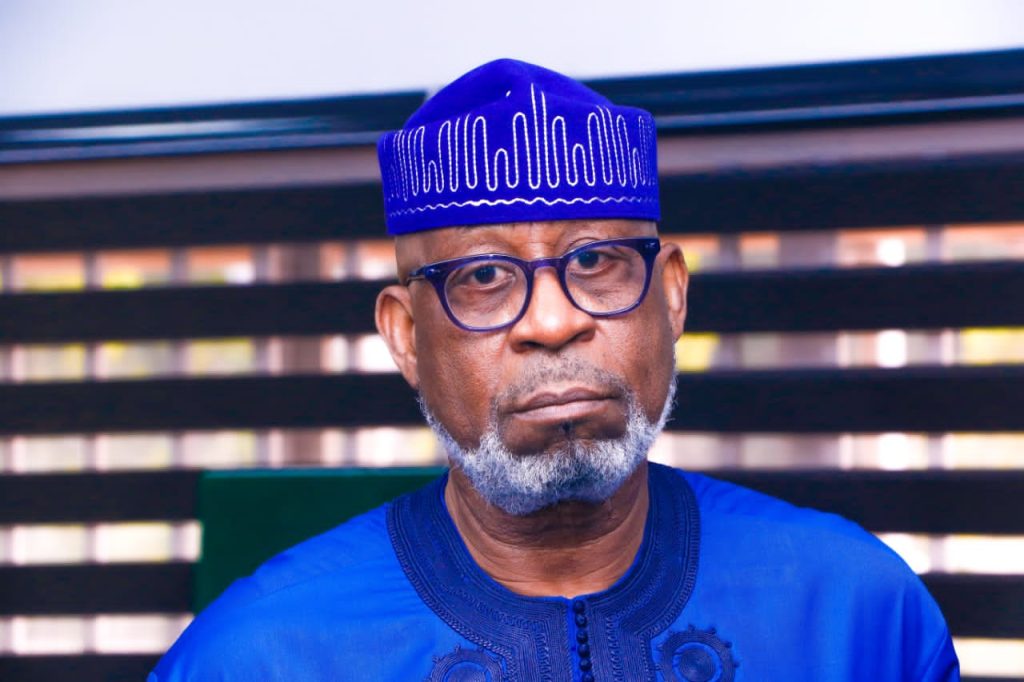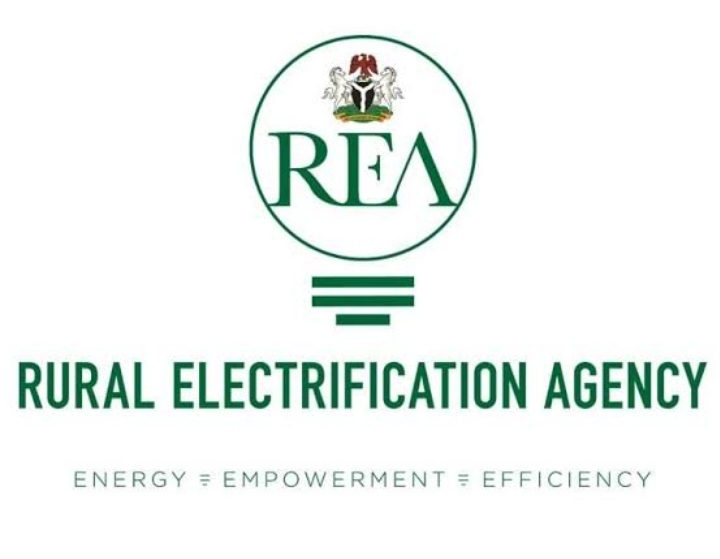Background
Nigeria during the administration of former President Jonathan Goodluck unceremoniously pulled out from attending international tourism marketing forums. Thus hampering the nation’s ability to attract inbound tourists, a situation that was condemned and protested to no avail by the private sector tourism operators.
Attempt was made last year to have Nigeria formally back to the international scene, with a return to the annual World Travel Market (WTM) London, however, this much-anticipated return was short-circuited due to the former Minister of Tourism, Mrs Lola Ade-John, unavoidable absence from the country, due to ill-health, during the staging of the yearly event.
Again, this year, she returned to the starting block to orchestrate Nigeria’s participation at WTM London, which is one of the leading global tourism marketing platforms. Days to the commencement of the event, which held between November 5 and 7, 2024 at ExCel, London, she was removed as minister while the Ministry of Tourism was scrapped and merged with the Ministry of Arts, Culture and Creative Economy.
Despite this development, Nigeria was able to pull out all stops to participate at the event. Ola Wright, who is the Chief Executive Officer of West Africa Tourism Organisation (WATO), a body dedicated to the promotion of West Africa tourism, contracted by the ministry to work with it on the event, spoke with ANDREW IRO OKUNGBOWA on how this feat was achieved and the gains of attending the yearly gathering.
Nigeria was finally able to attend the World Travel Market (WTM) London 2024 held recently despite the removal of the former Tourism Minister, Mrs Lola Ade-John, who did all the ground work, and the scrapping of the Tourism Ministry, how were you able to pull this off as the one who spearheaded Nigeria’s participation?
Our preparations for the Nigerian stand at WTM had progressed significantly by the time of the administrative change. Contracts had already been signed with the event organisers and various vendors. The biggest challenge we faced was the withdrawal of sponsors following the reshuffle.
However, the collaboration between the former Minister of Tourism and the new Minister of Arts, Culture, Tourism, and the Creative Economy reassured sponsors and stakeholders of the continuity of the event and other tourism projects, allowing us to move forward successfully.
How did people receive Nigeria this year given that the country was formally making a return after a long absence?
Nigeria had a good size and vibrant stand at WTM, which was met with great enthusiasm and positivity. Even during the setup phase, there was excitement among Nigerians working at the venue, thrilled to see Nigeria represented at WTM. The reception from attendees and the organisers of the show were overwhelmingly positive, reflecting a strong interest in Nigeria as a premier African tourist destination.
How would you describe Nigeria’s outing, and what does this portend for its tourism going forward?
The outing was exceptional, reaffirming Nigeria’s standing as the Giant of Africa. Looking ahead, we plan to build on this year’s success and showcase Nigeria on an even larger and more effective scale in future editions. This year’s presence has paved the way for bigger and better participation, setting a strong foundation for Nigeria’s tourism industry to gain further international exposure.
The event was very successful. It was not just a government initiative; the private sector played a crucial role, contributing to the event’s overall success. This collaborative effort underscored the strength of Nigeria’s tourism potential and the dedication of our stakeholders.
What would you say were some of the factors that made participating at the event successful?
Several key factors contributed to the success, including; contracting West Africa Tourism Organisation (WATO), with its deep experience, knowledge and goodwill with the organisers and vendors, enabled us to put a good participation for Nigeria. Also, the experience of having coordinated the Nigerian participation in previous years;
Strong support from private sector sponsoring Nigeria’s participation; the partnership between the former Minister of Tourism and the new Minister of Arts, Culture, Tourism, and the Creative Economy, helped to reassure sponsors and stakeholders; collaboration with various stakeholders who played significant roles in making the event a success; and
Key, strong tourism players, buyers, and investors visited and requested meetings with Nigeria and exhibitors at the Nigerian stand to foster collaboration and sell Nigeria’s tourism attractions.
What were some of the specific features showcased by Nigeria?
The Nigerian stand offered a variety of attractions including; private tourism operations from various sectors; a virtual reality display aimed at enhancing guest experiences, although it couldn’t be fully utilised due to internet connectivity issues at the venue;
Nigeria Day – showcasing Nigeria’s rich cultural heritage; an audience with authentic Yoruba Royals; live music – talking drums; and a culinary showcase, featuring Nigerian gastronomy like jollof rice, egusi, pounded yam, moi-moi, chapman, palm wine and other authentic food and drinks.
The former Tourism Minister, Mrs Lola Ade-John, who put the package together before her removal, was at the event, how was she received, and what impact did that have on Nigeria’s presence?
The former Minister of Tourism was warmly received by both the event organisers and attendees. She was recognised for her significant contributions in elevating Nigerian tourism. Her presence reaffirmed Nigeria’s commitment to the sector. She also participated in a couple of the panel sessions, with her title adjusted to that of former minister.
Her involvement added a sense of continuity and respect, strengthening Nigeria’s image and support.
Which organisations made up the Nigerian team?
The exhibitors on the Nigerian stand included; Lagos State Ministry of Tourism, Arts and Culture; Wakanow.com; Air Peace Airline; Absolute Africa Tours; Nigeria Association of Tour Operators (NATOP); and Federation of Tourism Associations of Nigeria (FTAN).
While the sponsors and partners included; Eko Hotels; Mixta Africa; Lotus Bank; Cavista Holdings; African Export-Import Bank; and West Africa Tourism Organisation (WATO).
Going forward, how can the ministry build on this successful outing?
We can strengthen future outings by securing greater support from government ministries and agencies and the private sector. Engaging key stakeholders well in advance will allow for more comprehensive planning and funding, enhancing Nigeria’s presence and impact at such international events.
What is your role in putting this package together, given that you were at the forefront of it all?
WATO has a long standing relationship with the WTM London organisers and the Nigerian government, which positioned us to play a leading role in coordinating Nigeria’s presence. Our experience and expertise enabled us to navigate the challenges, from sponsorship procurement to last-minute administrative changes, ensuring a successful and well-organised Nigeria’s participation.
What is your message to Nigerian tourism operators when going out to market Nigeria?
Our message to Nigerian tourism operators is that; remember that events like WTM are B2B (Business to Business); stay focused on presenting and selling Nigeria’s unique attractions professionally; represent Nigeria positively, with mindful conduct in a professional manner and show decorum that respects others and upholds the country’s positive image.
For example, some Nigerian attendees breached health and safety regulations by overcrowding the storage area and disconnecting the electrical supply to the stand. Some also used the meeting spaces as a lounge, eating, drinking, and leaving their waste without cleaning up. While others also lounged in the meeting area doing nothing, hence denying exhibitors of adequate meeting space with buyers.
We should highlight Nigeria’s unique selling points that set it apart from other African countries, emphasising the distinctive experiences that only Nigeria can offer or has in abundance.
Do you foresee Nigeria formally resuming attendance at other international marketing channels, such as ITB Berlin, FITUR in Madrid, and the Arabian Travel Market next year?
That is indeed our plan. We hope to secure cooperation from stakeholders moving forward. While the recent administrative changes created uncertainty, we have reassured partners that the new administration is committed to Nigeria’s tourism agenda and will continue to support international marketing efforts for the industry.
What is the key takeaway from participating in this year’s event?
A key takeaway from this year’s participation is the need for comprehensive early planning and a stronger commitment from government and private stakeholders. With adequate resources and support, Nigeria’s presence at future events can be even more impactful, ensuring we fully leverage these international platforms to promote our tourism assets and attractions.
Please follow and like us:

 4 hours ago
5
4 hours ago
5













